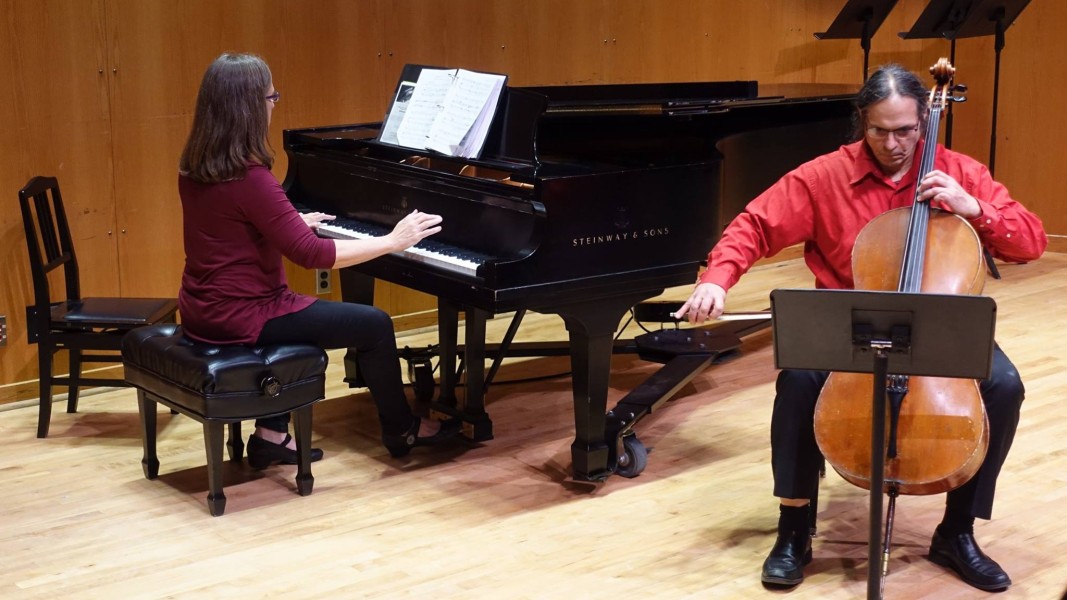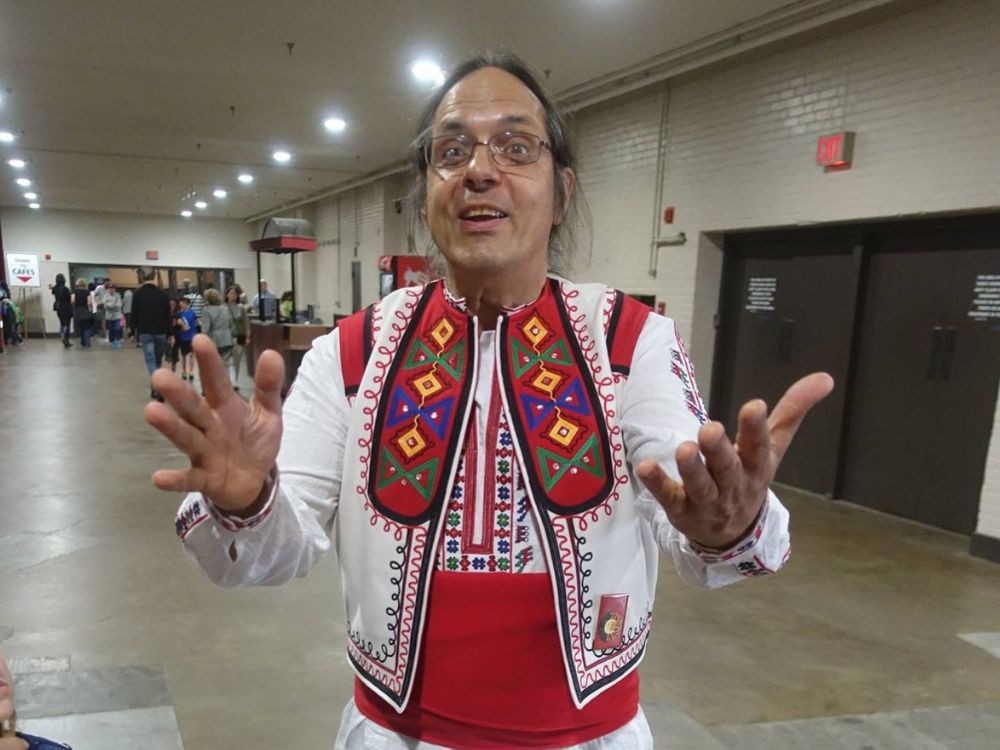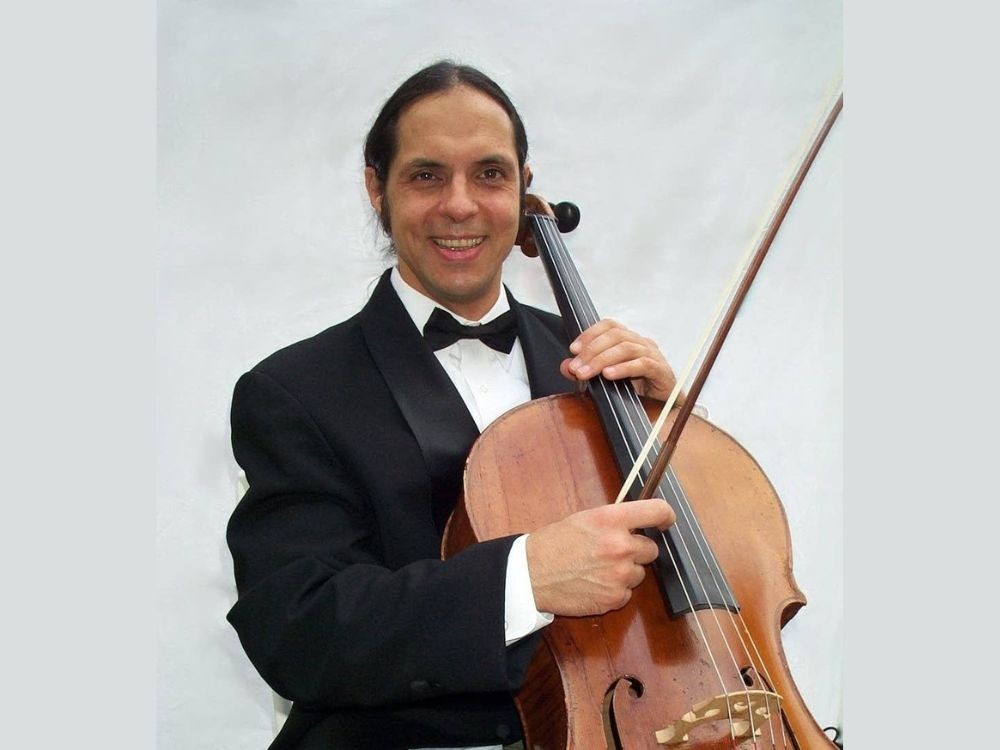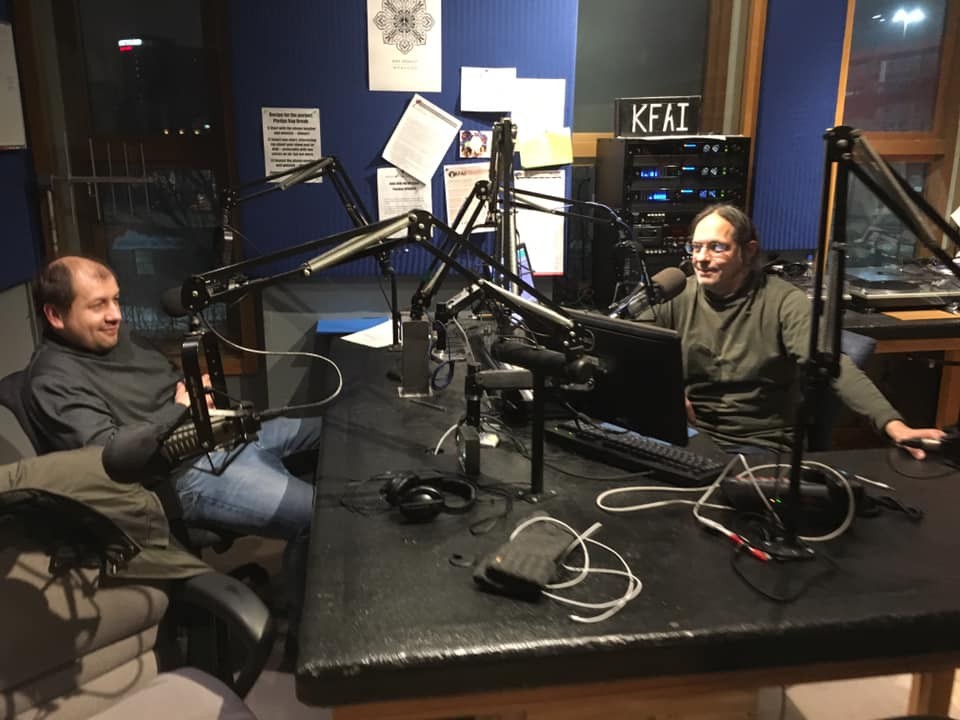Nickolai Kolarov is a Bulgarian cellist who has been building an academic career and giving concerts in Minnesota, the US for almost 30 years. His life overseas started with a master’s degree in string instruments in Kansas City. He left in 1995 to continue his cello studies at the biggest university in the region of Missouri and Kansas. His first teacher was renowned cellist Prof. Nina Gordon who, on her part, studied under Natalia Shakhovskaya, a prominent representative of the Russian school.
“I grew to be a great admirer of the Russian school of string instruments. I learnt a lot of important things there,” says Nickolai Kolarov in an interview with Radio Bulgaria. In Missouri he started his first professional stage appearances, and gradually made his way up to the highest academic level. Nickolai Kolarov was noticed by cellist Tanya Remenikova who suggested that he do a PhD in the state of Minnesota where there were more opportunities for professional development and an academic career. Nickolai Kolarov took up this challenge, and now, besides teaching the cello at the academy, he was able to make an old dream come true, a dream that has kept his bond with Bulgaria as a musician alive. For 21 years he has been organizing a festival of contemporary chamber music at the University of Minnesota (in Minneapolis), with a focus on the works of composers from the Balkans. The festival is called Balkanicus, and after having its 20th edition this year, Nickolai Kolarov can well say he has been able to assert Balkan music as one of the emblems in the spring programme of the cosmopolitan city.
“For our jubilee 20th concert we drew the audience’s attention to renowned Bulgarian composers with round anniversaries this year,” says Nickolai Kolarov and goes on:
“One of them was the centennial anniversary of Georgi Tutev, whom we presented for the first time at Balkanicus. We also marked the 90th anniversary of Maestro Vassil Kazandjiev, and the 80th anniversary of Artin Poturlyan. Of course, there are different concepts in the US connected with Bulgarian and Balkan composers, but in terms of scale, Balkanicus is the only festival of contemporary Balkan music of its kind. I myself am also part of the concert programme as a performer, alongside the other musicians.”
The audience at the Balkan concerts is mostly American, but there are some immigrants from Europe as well. Nickolai Kolarov says he has noticed a constant audience coming to the concerts for the past 7-8 years, who carefully follow Balkanicus’ programme.
“There are people now who look forward to the concerts so much that when April approaches I get messages that a soon as the Balkanicus posters appear that means spring has come in Minnesota. These concerts are now part of the city’s cultural life. There is an Institute Balkanicus, set up in 2014 – an NGO, through which we have prepared festivals of contemporary works, but also folklore-themed concerts. For financing we rely entirely on government grants because we cannot support ourselves solely on our revenues. A photo exhibition dedicated to Bulgarian Jews and their rescue during the Holocaust was also part of the institutes’ activities.”
Outside his stage performances, Nickolai Kolarov has a hobby that is also connected with the music of the Balkans. Every Tuesday for 14 years he has hosted a music radio show. It is called Balkan Jamboree:
“The word jamboree exists in English as it does in Bulgarian. There it means a big, noisy party in the Balkan sense with lots of food, drink and dancing. It’s a different kind of gathering, but in my radio show I present folklore music from the Balkans. For example, from Bulgaria I present clarinetist Ivo Papazov, kaval-player Nedyalko Nedyalkov, gadulka-player Peyo Peev. The show is available online too, and every time in the last 20 minutes I play contemporary Balkan music. It is addressed to the American audience but they are acquainted with the wealth of Balkan, and more specifically Bulgarian folklore. They know it because the Mystery of Bulgarian Voices, Kochani orchestra and many other groups of world renown from other Balkan countries have performed in the US.”
Of course, the music Nickolai Kolarov selects for his show is what immigrants from the Balkans listen to but the general impression among audiences in the US is that our rhythmic folklore is inimitable and it has thousands of fans, says Nickolai Kolarov.
Translated and posted by Milena Daynova
Photos: courtesy of Nickolai Kolarov, greencardvoices.org, Facebook / Nickolai Kolarov
Living abroad is nothing new for Marin Yotov. In fact, he could be considered a global citizen, having lived in several European capitals by the age of 34. Currently living and working in Berlin, Marin's life has taken him through Sofia, Vienna and..
Bulgarian football legend Hristo Stoichkov has accepted an invitation from FIFA President Gianni Infantino to join his team . "It is a great honor for me to accept Gianni Infantino’s invitation to work for FIFA. I will represent both myself and..
He says he has not felt like a foreigner in Bulgaria for a long time. This is his home, he has learnt Bulgarian and like most of our compatriots he is interested in the political situation in the country. But his greatest passion, what fills his days with..

+359 2 9336 661
